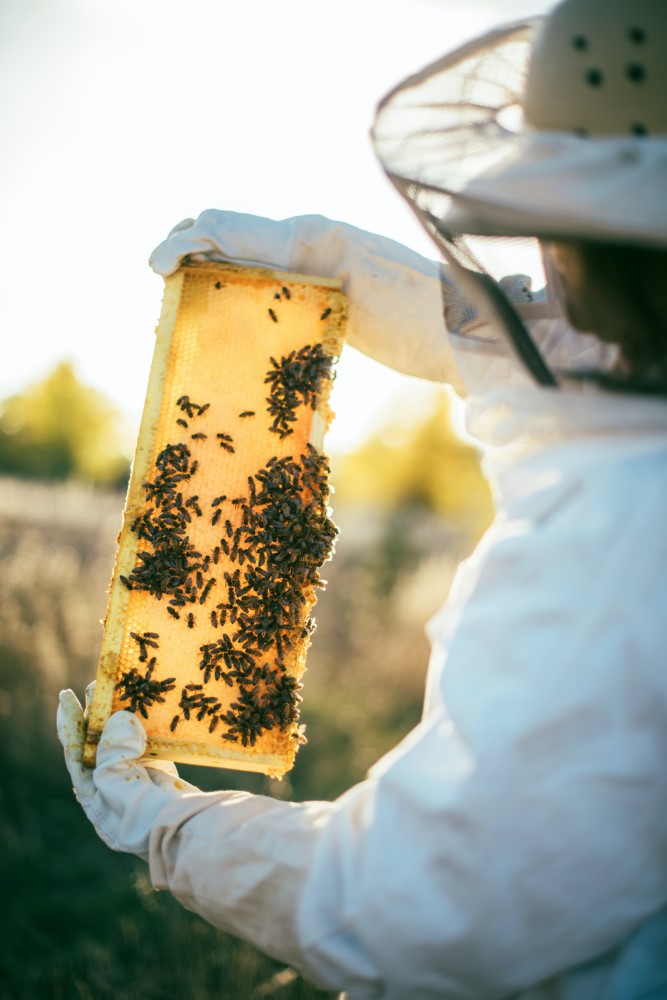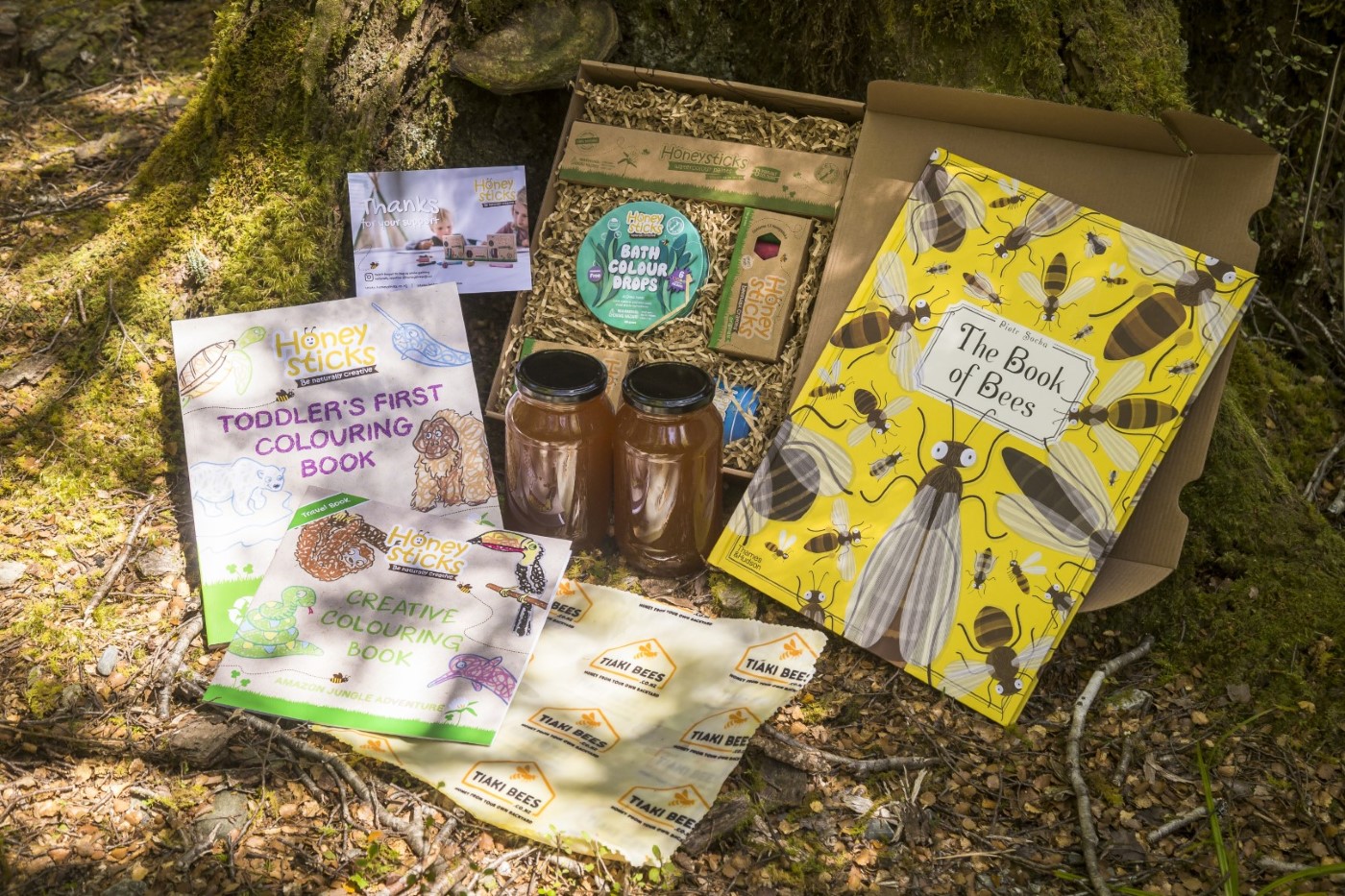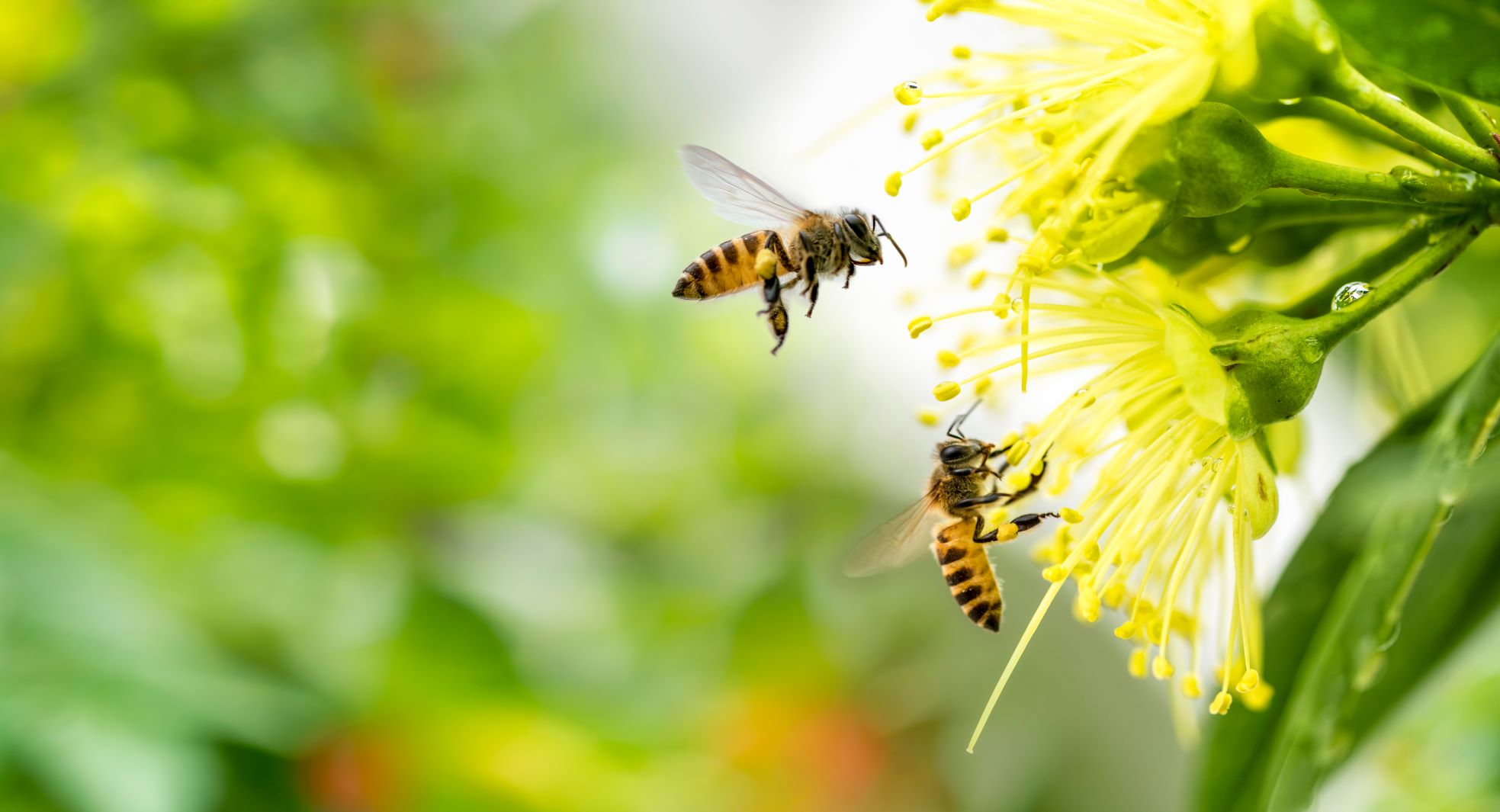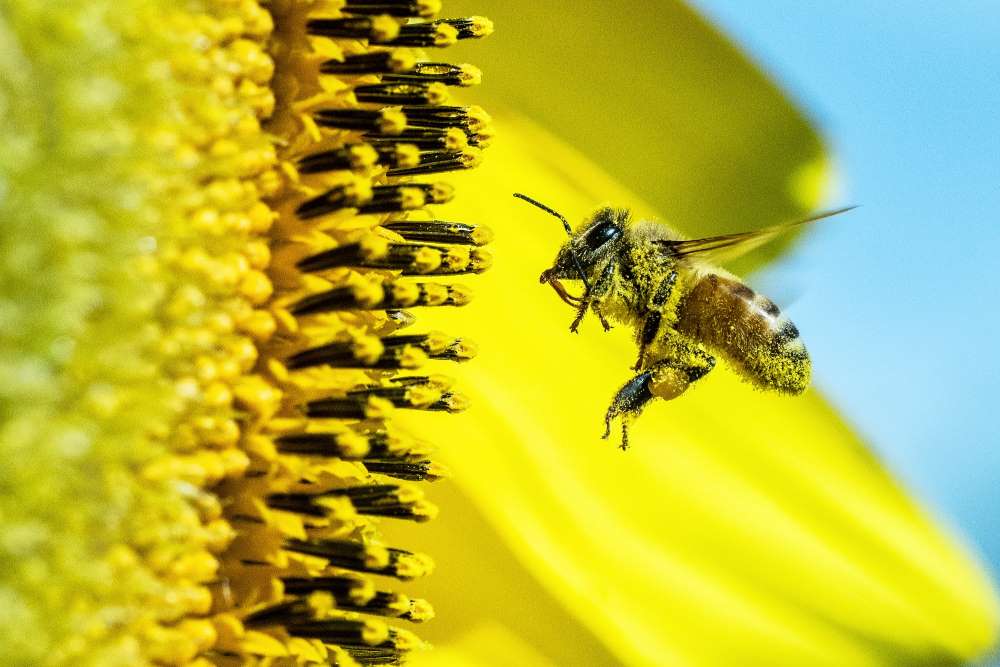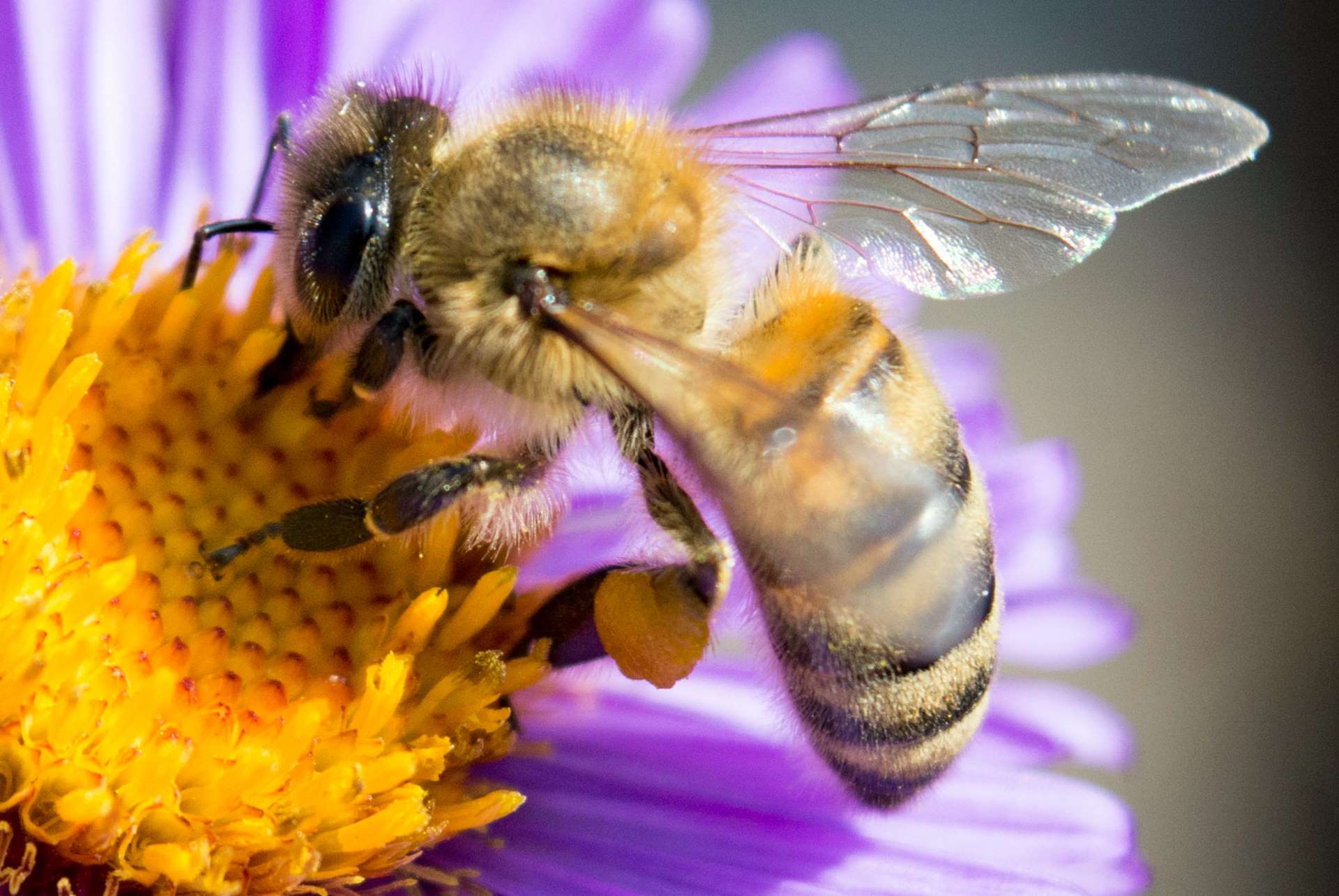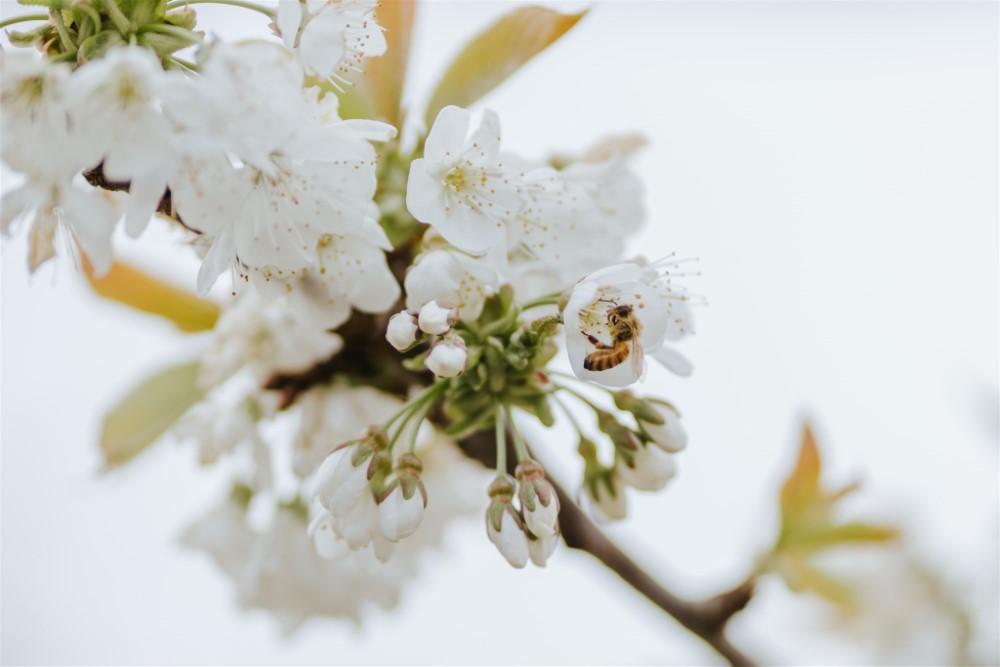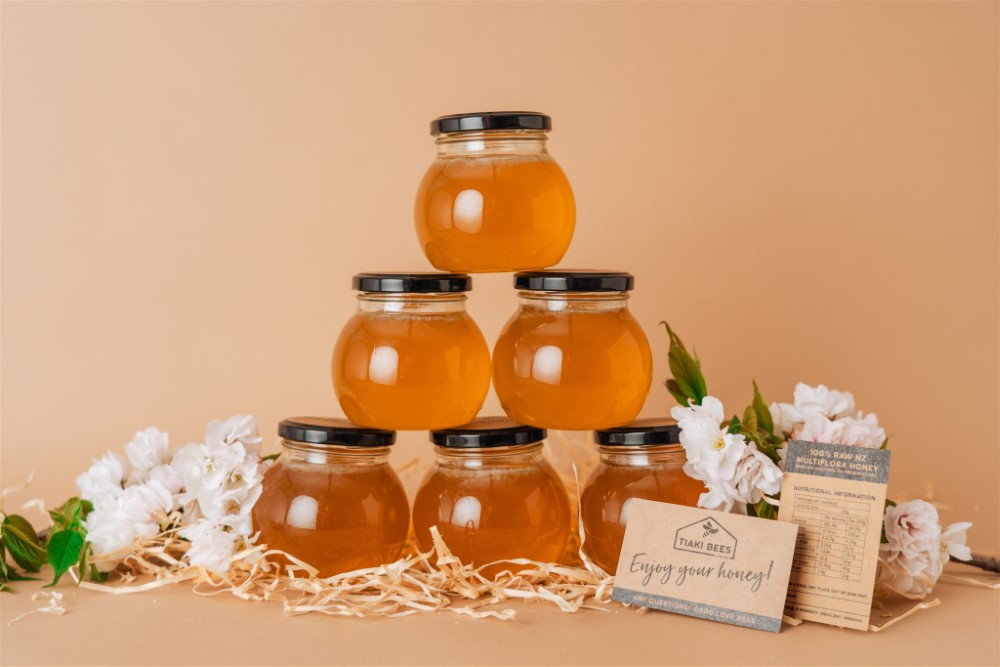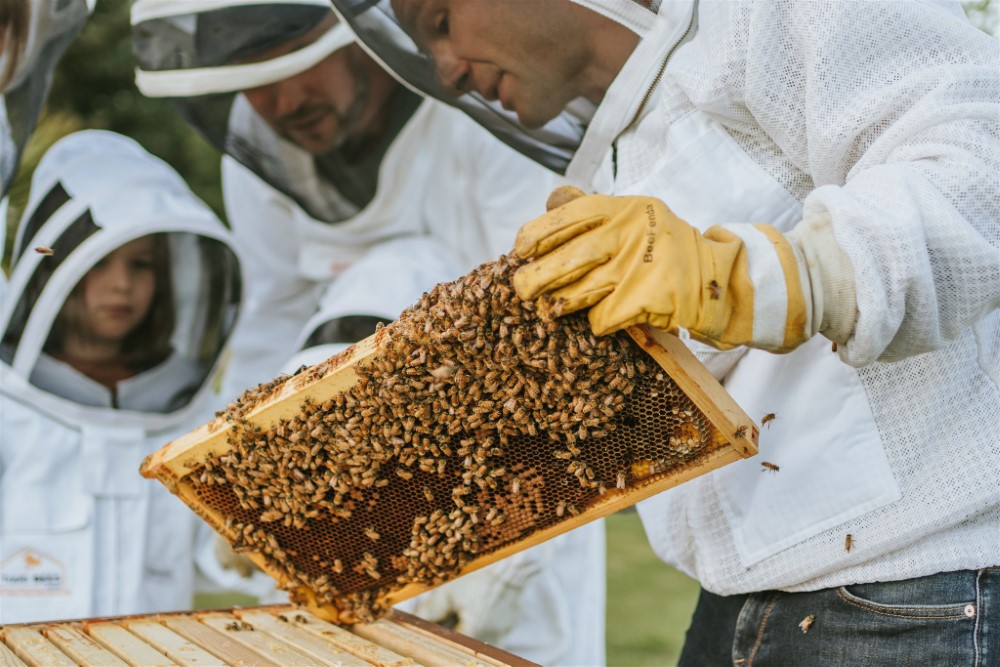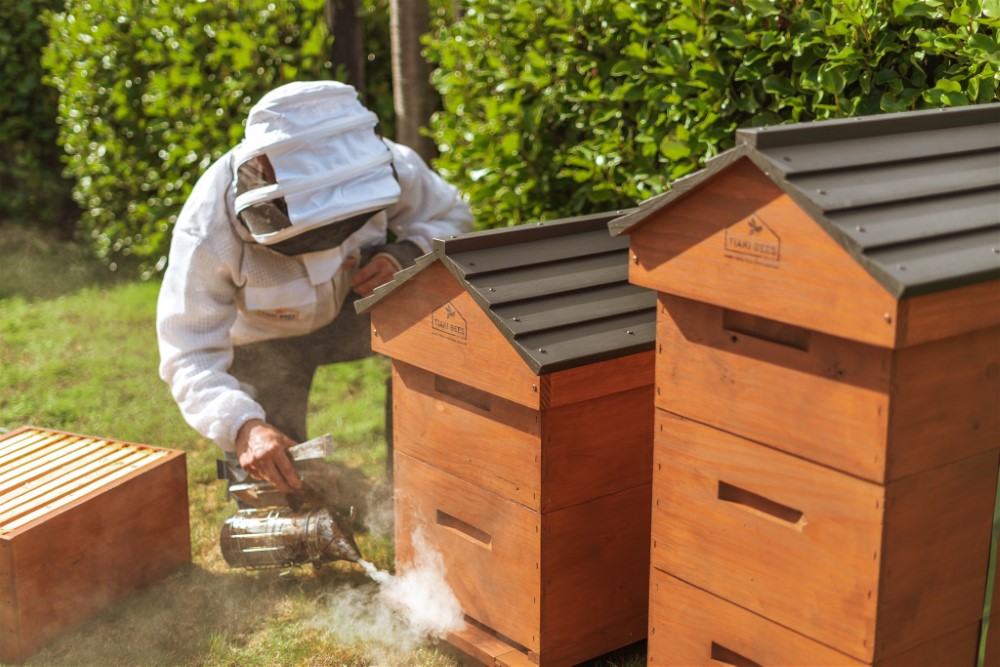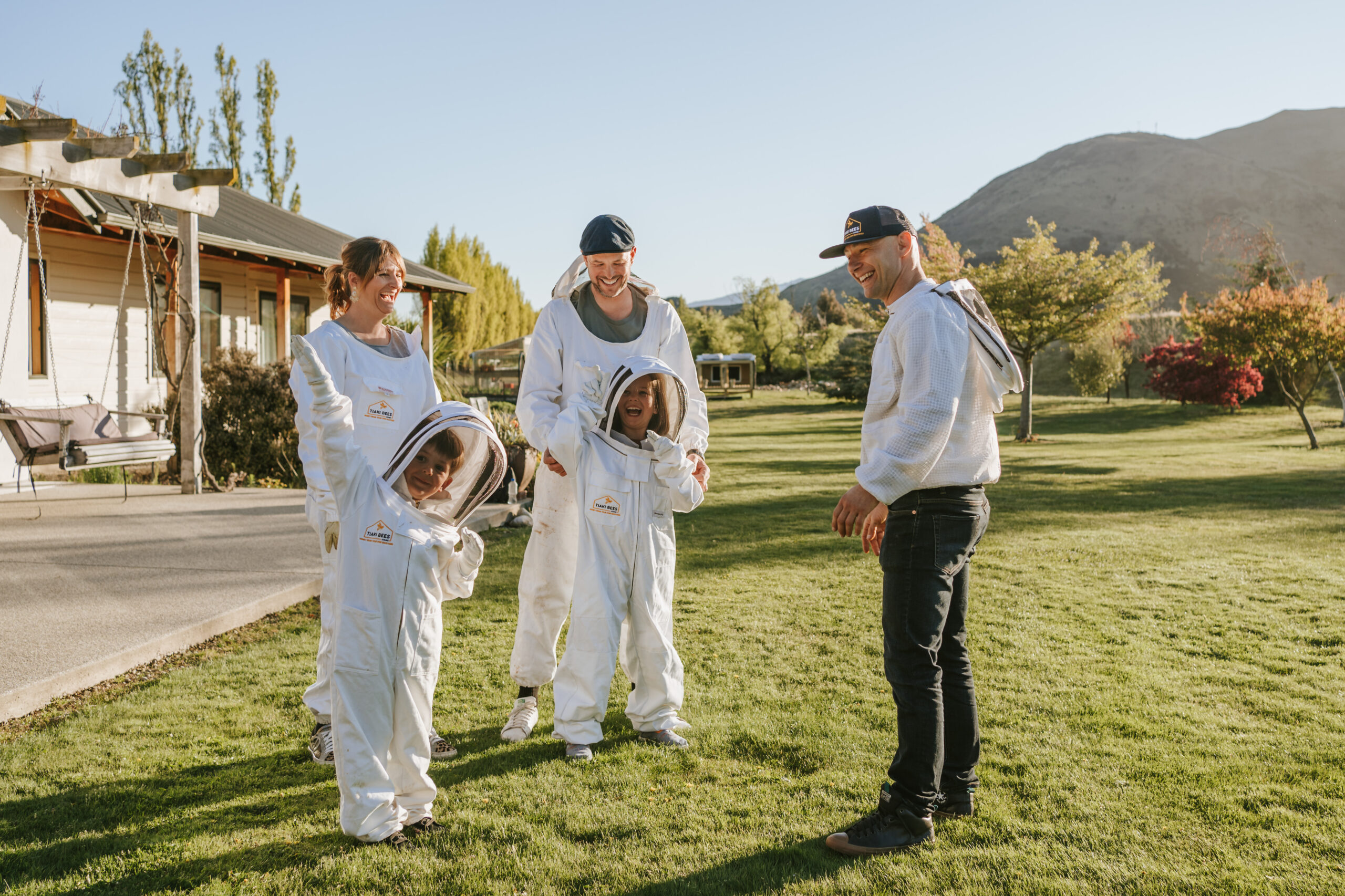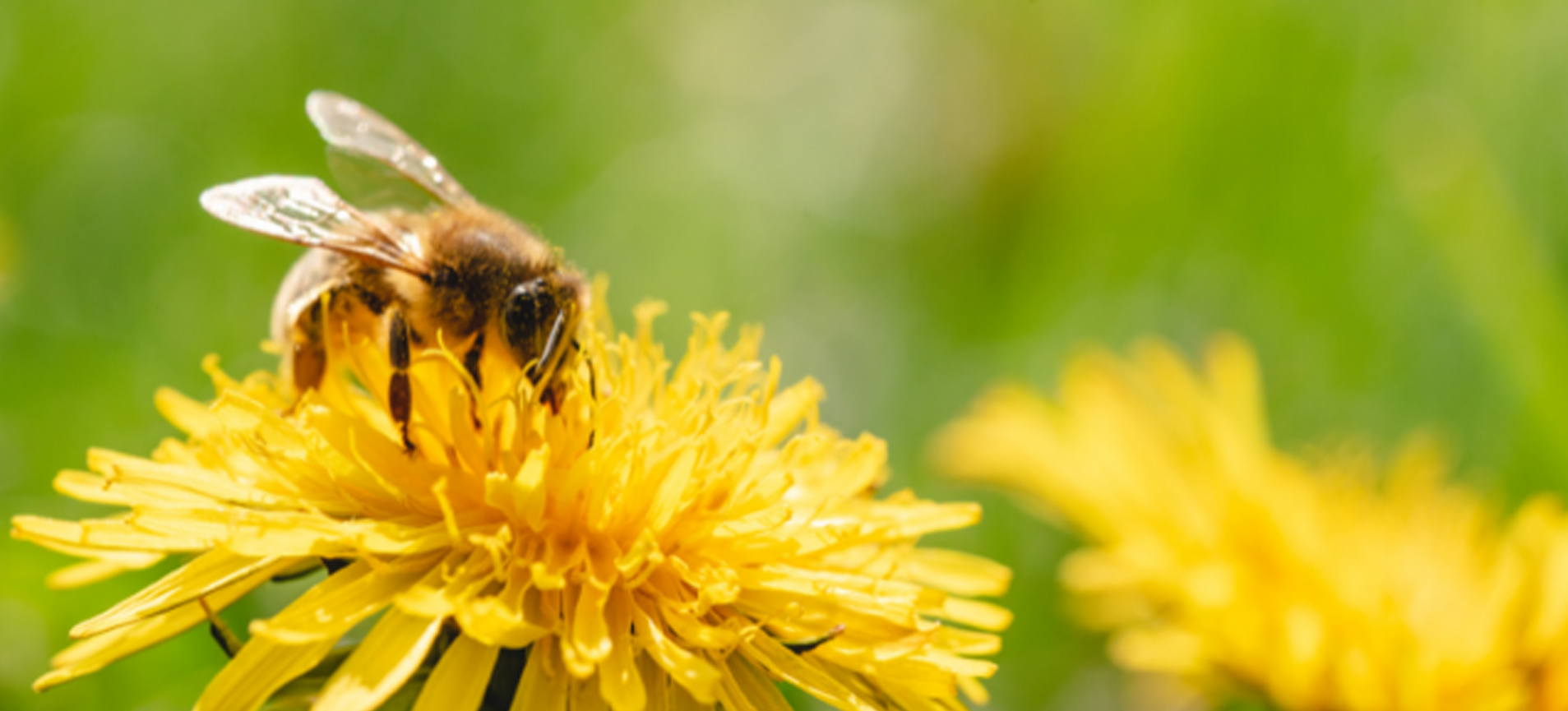Our team is also busy balancing out the bee numbers, taking from stronger hives and adding to
smaller hives to keep things in check. And,
Colouring Competition
Tiaki Bees Colouring Competition. The competition runs 15th Dec 2022 – 30th Jan 2023.
Continue readingSpring is here and the hum is back in the air
Spring is well and truly upon us, and the bees are back. You might have noticed they’d gone a
little quiet over winter, which means things were working just fine.
Tiaki Bees on Biodiversity and Helping the Local Ecosystem
For Tiaki Bees Barna Szocs, nothing could be more important than ensuring the biodiversity of our neighbourhood.
Continue readingSummertime and humble honeybee
Just as we look forward to the arrival of longer days and warmer weather, so too do the bees. We talked to Barna Szocs, owner of rent-a-hive company Tiaki Bees, about bee activity in the summer months.
Continue readingBees are the pillars of our food-system and it’s high time we started taking note.
Six reasons why honey is a powerful superfood.
Busy Bees – Spring time is a hive of activity
Hosting Hives: Tiaki Bees features in QT Magazine
Hosting hives has been becoming more popular in urban areas, such as New York and Sydney for some time. Barna, Wanaka beekeeper and owner of Tiaki Bees, is now making hive rental accessible in the Southern Lakes and QT Magazine took some time out to interview Barna and publish more about this venture in the Autumn Edition of their magazine.
Continue readingThe story behind each spoonful of honey
February to March is the best time to harvest honey in the South Island of New Zealand. Find out more about bees, for instance: How much honey does an individual bee make? Which bees make honey? And why is honey so special?
Continue reading